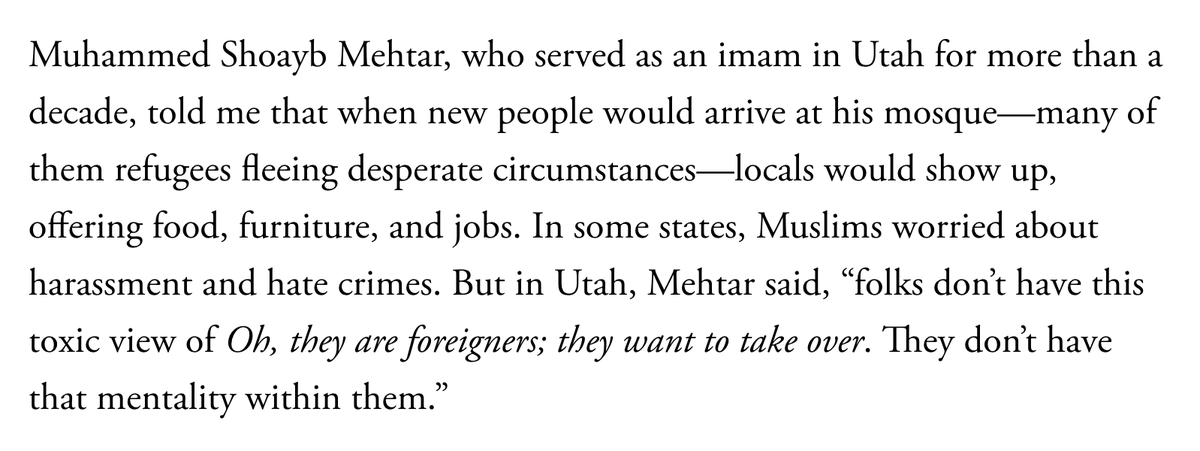Americans who tuned into the Republican National Convention were treated to a slickly produced, four-day dispatch from Donald Trump's alternate reality.
My story on the carnival of propaganda: theatlantic.com/politics/archi…
My story on the carnival of propaganda: theatlantic.com/politics/archi…
Former Trump spox: “The speeches are reminiscent of the speeches one hears at a memorial service where…everyone stretches the truth to say nice things. And we’re all in the audience muttering, ‘Well that's not true, but I get it—what else can you say?’” theatlantic.com/politics/archi…
An exchange I had with a former Trump adviser about the president's coronavirus record: theatlantic.com/politics/archi… 

A small sampling of the rhetoric at the RNC this week: theatlantic.com/politics/archi… 

Watching the convention this week, I kept trying to figure out what it reminded me of. Then I realized: It was like a glossier, made-for-TV version of the MAGA Facebook feed I created for myself last fall. This is the info universe many Trump fans inhabit: theatlantic.com/politics/archi…
• • •
Missing some Tweet in this thread? You can try to
force a refresh









